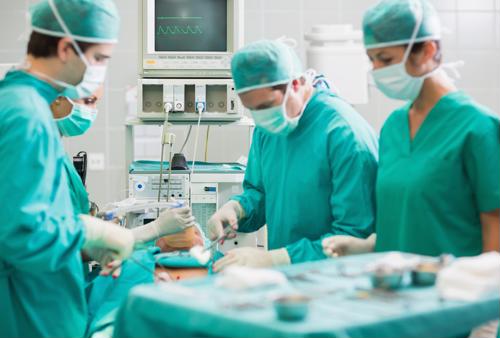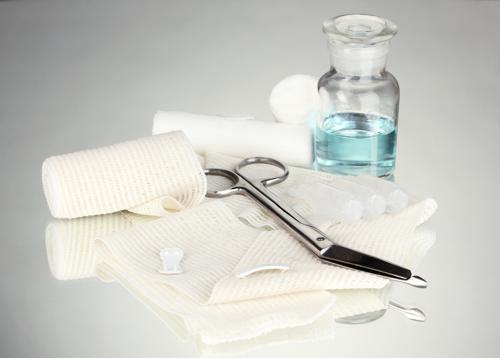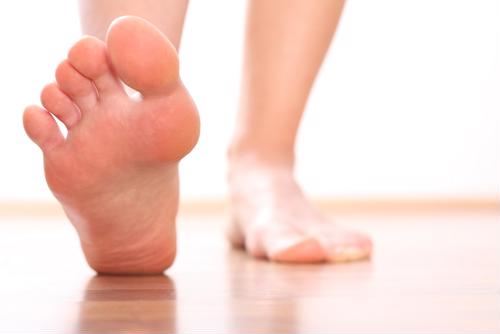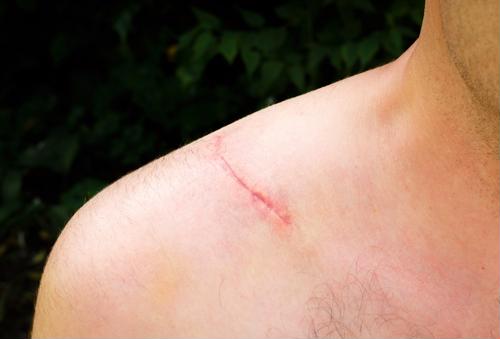About two out of every 100 patients who undergo surgery develop an infection, as estimated by the Society for Healthcare Epidemiology of America (SHEA). While it is a relatively small percentage, surgical site infections are a serious stall in the healing process – and may require another operation to fully treat.
What can you do to reduce the chances of developing an infection after surgery? Follow these surgical site infection prevention tips to promote proper wound healing:
Prepare with caution
Many surgeries require bathing and hair removal before the procedure. However, shaving with a razor can cause nicks or cuts, irritating the skin and making it more vulnerable to germs, bacteria and infection, according to the SHEA. Many surgeons recommend removing hair with clippers. According to VeryWell Health, most also suggest showering with an antiseptic soap prior to the operation.
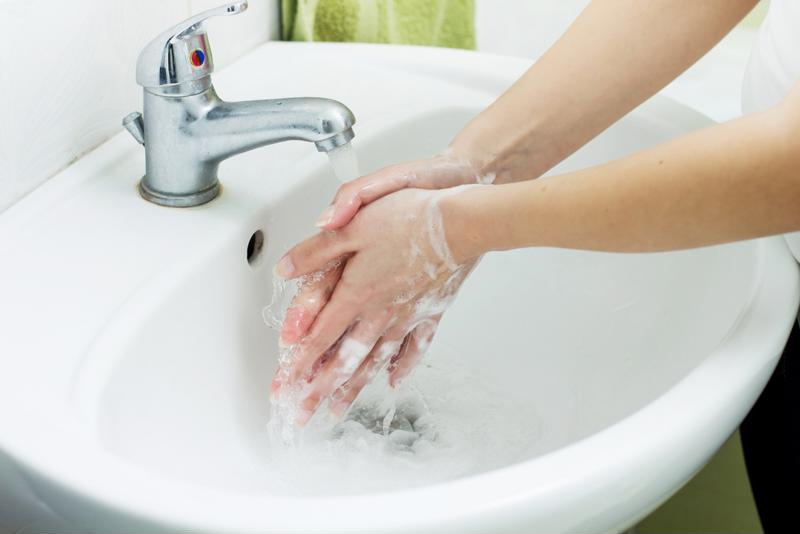 Wash your hands frequently to prevent spreading germs and bacteria to the surgical wound.
Wash your hands frequently to prevent spreading germs and bacteria to the surgical wound.Wash your hands
Hand washing in general is the easiest defense against any kind of infection. It’s especially important to have freshly cleaned hands before changing surgical dressings, even if you choose to wear gloves.
Keep your body temperature in check
Fairview highlighted controlled body temperature as one of the top ways to prevent infection after surgery. If your body is too cold, oxygen struggles to reach the wound and help fight infection. That’s why your doctors may warm IV fluids or increase the temperature in the operating room when you’re in the hospital. Make sure you maintain a healthy and warm body temperature when you’re back home to facilitate recovery and further prevent infection.
Watch for the symptoms
In the event that you develop an infection after surgery, your body will send you some signals. VeryWell Health noted the following signs of infection:
- Fever.
- Chills.
- Sweats.
- Redness around the surgical incision.
- Persistent drainage from the wound.
If you begin to experience any of these symptoms, contact your doctor as soon as possible. Fairview further suggested seeking medical assistance if you experience enhanced pain or tenderness in the affected area, fatigue or dissolved stitches before the wound heals.
Follow your treatment plan
Once you leave the hospital, it is up to you to take prescribed antibiotics and properly clean and dress your wound to support healing. Talk to your doctor about iPak Unit Dose Packaging by Innovative Outcomes, which delivers all the wound care supplies you need, conveniently organized in single-dose packages with easy-to-follow video instructions.


